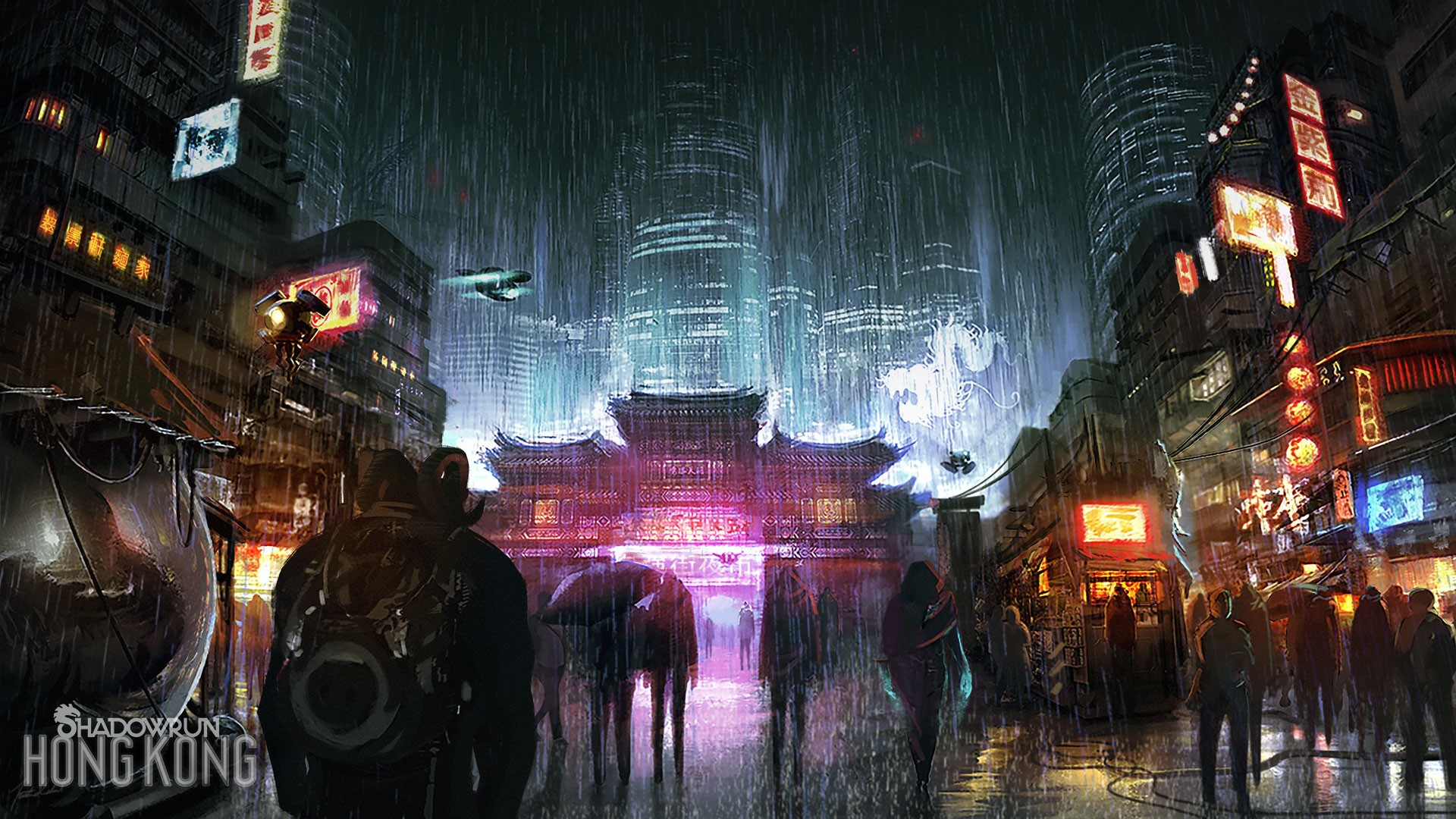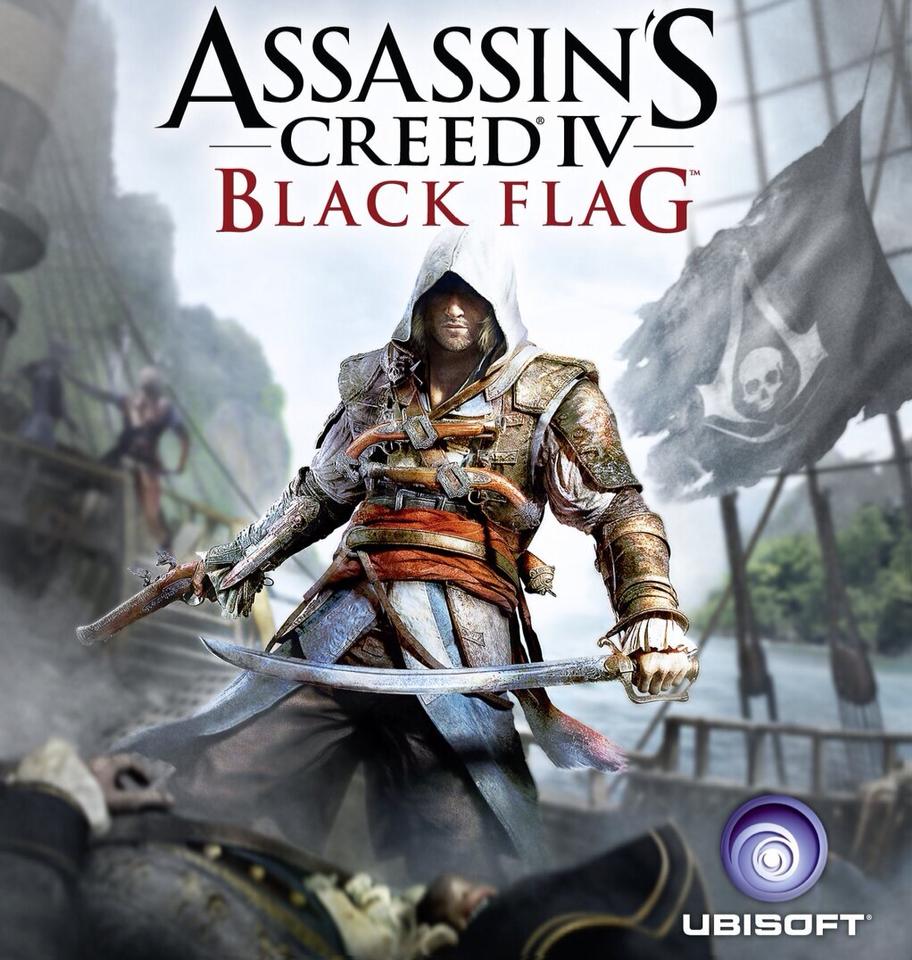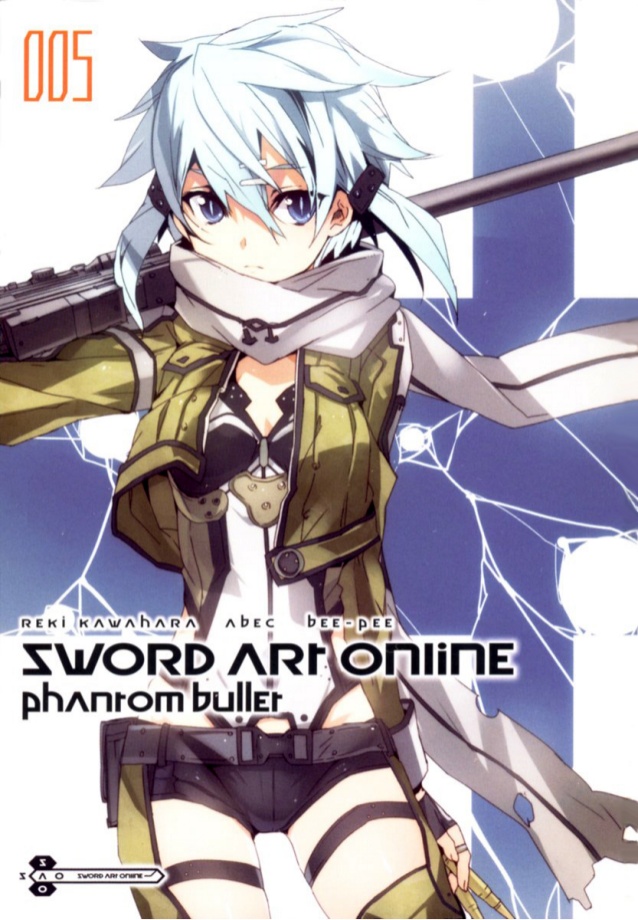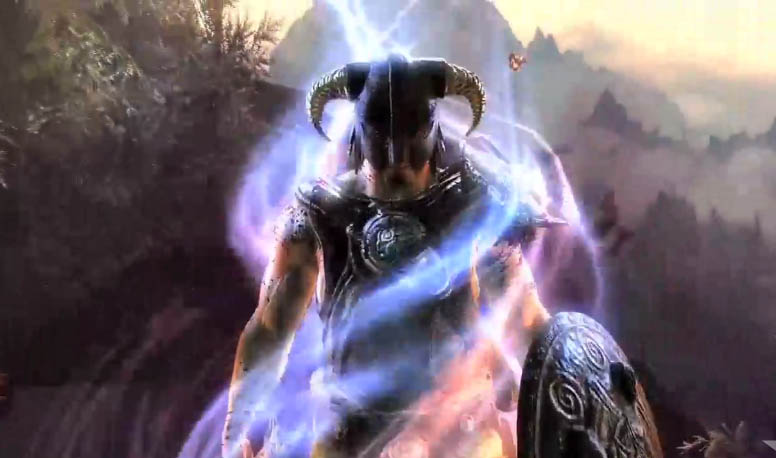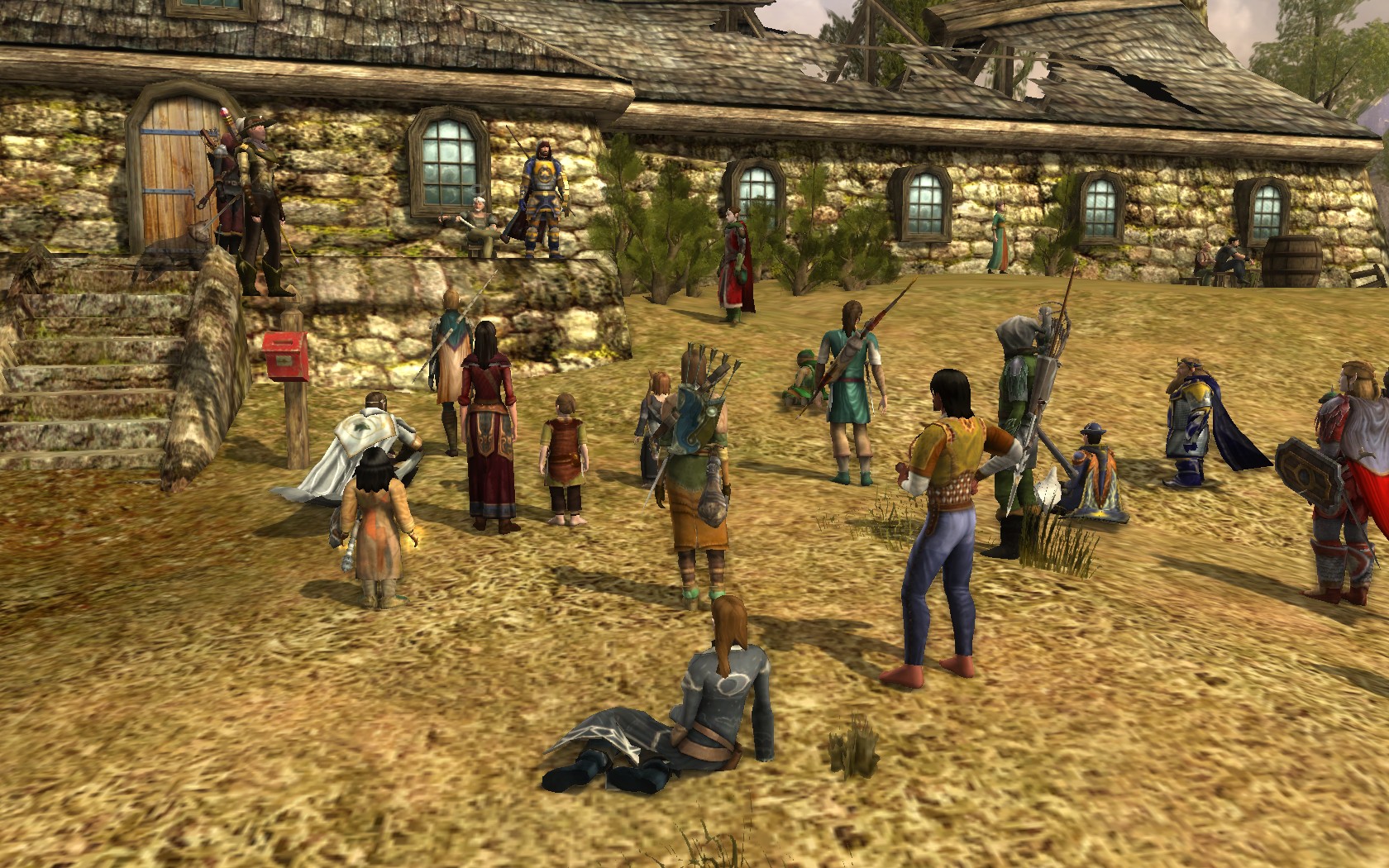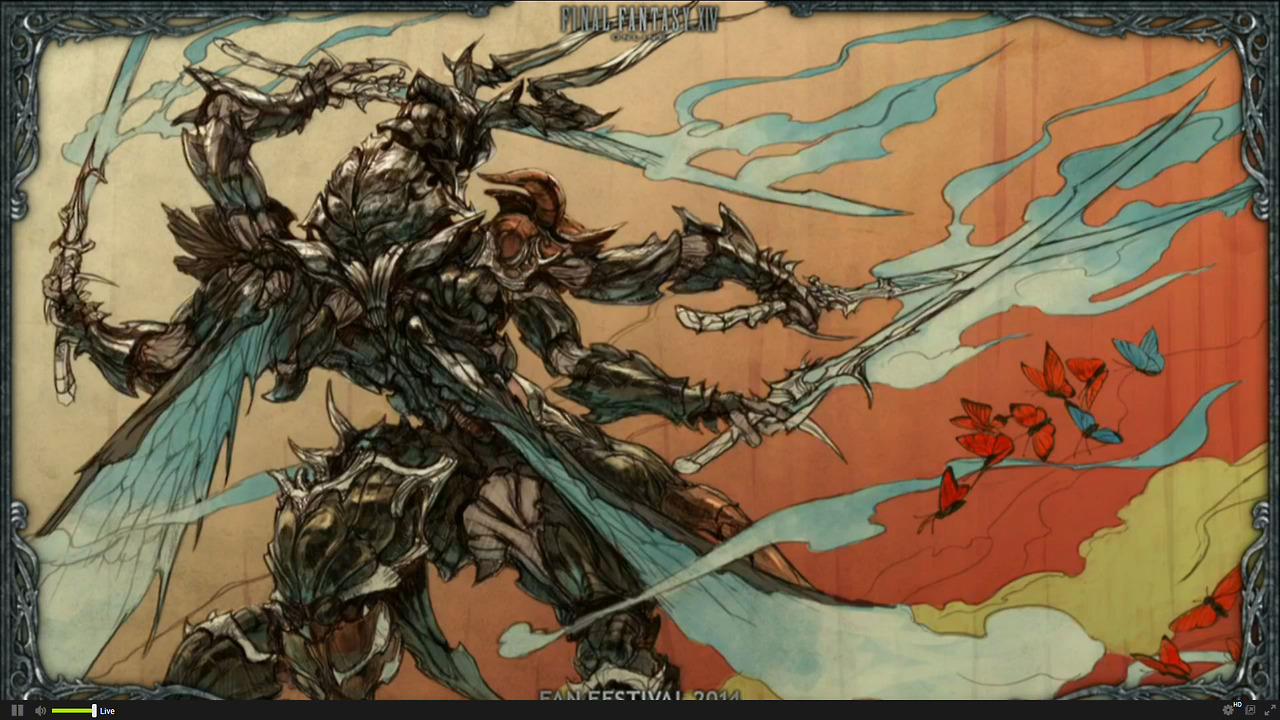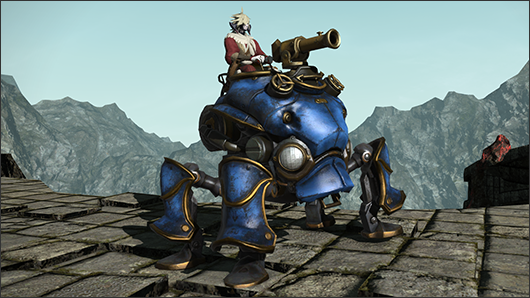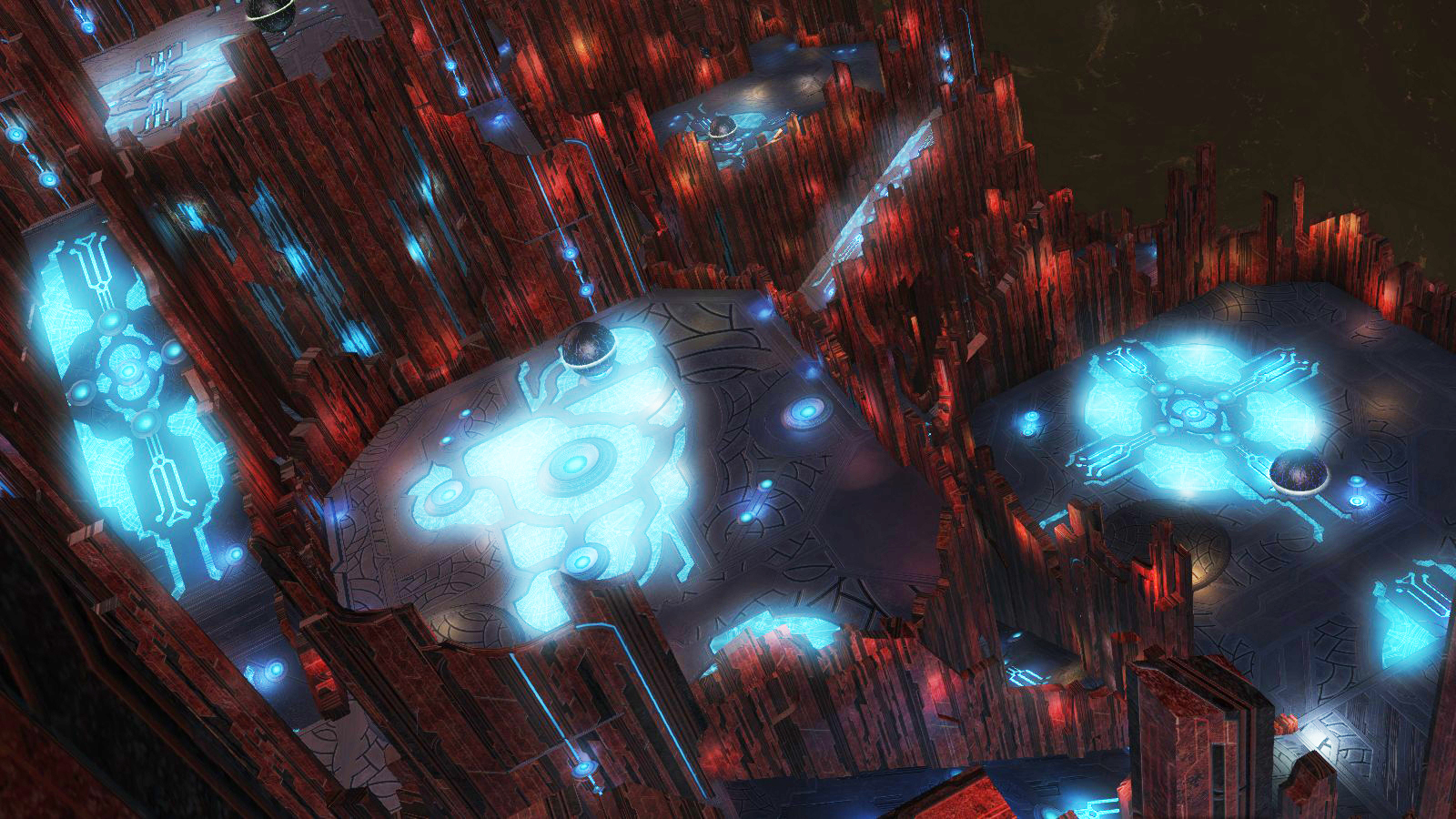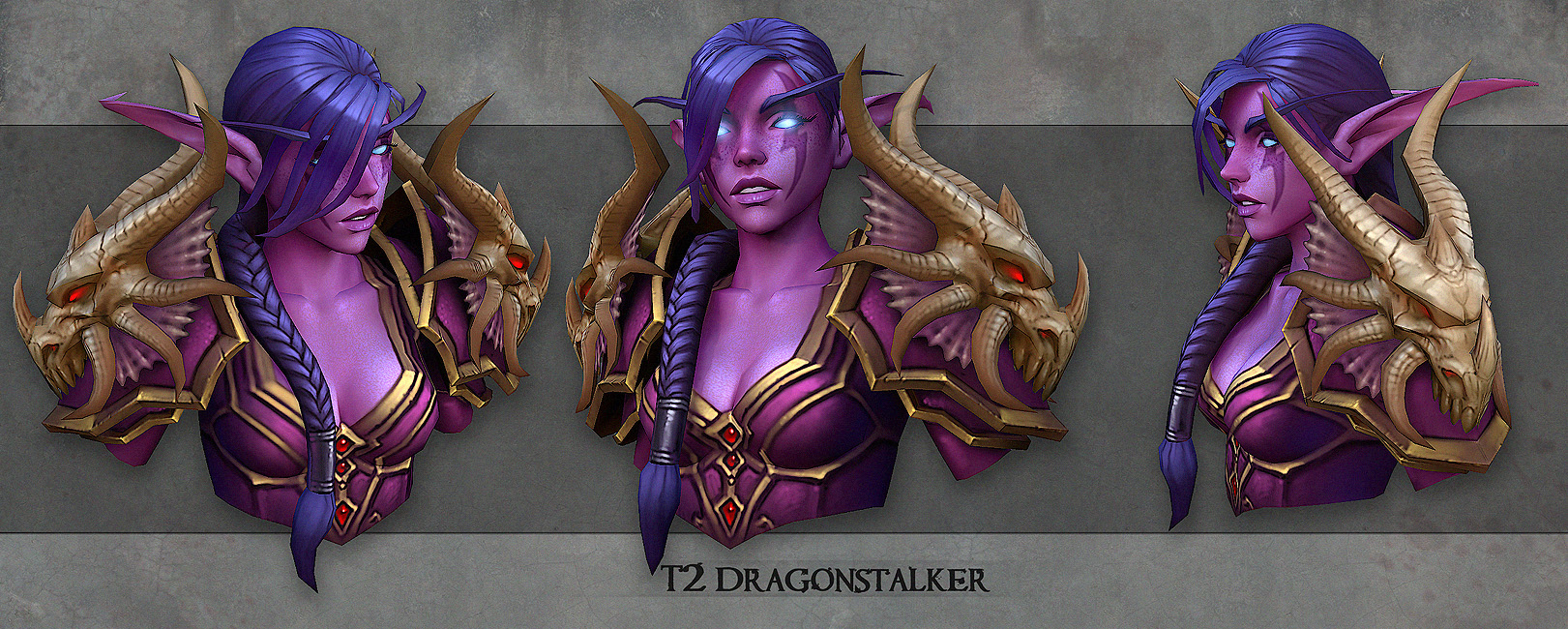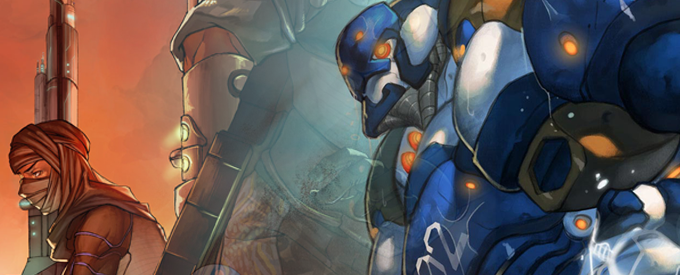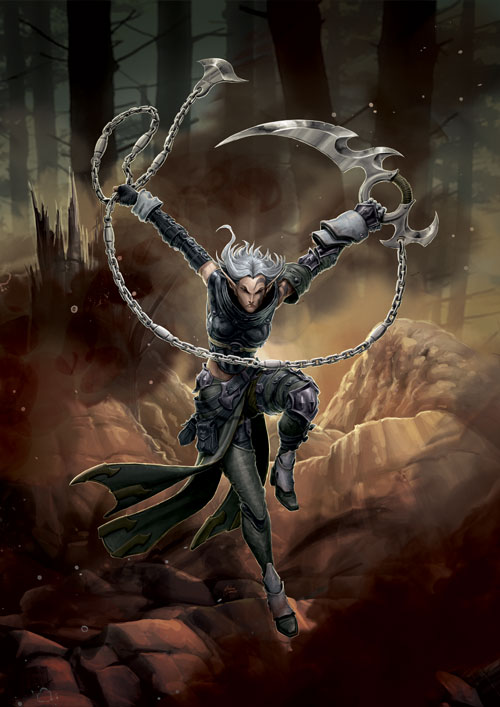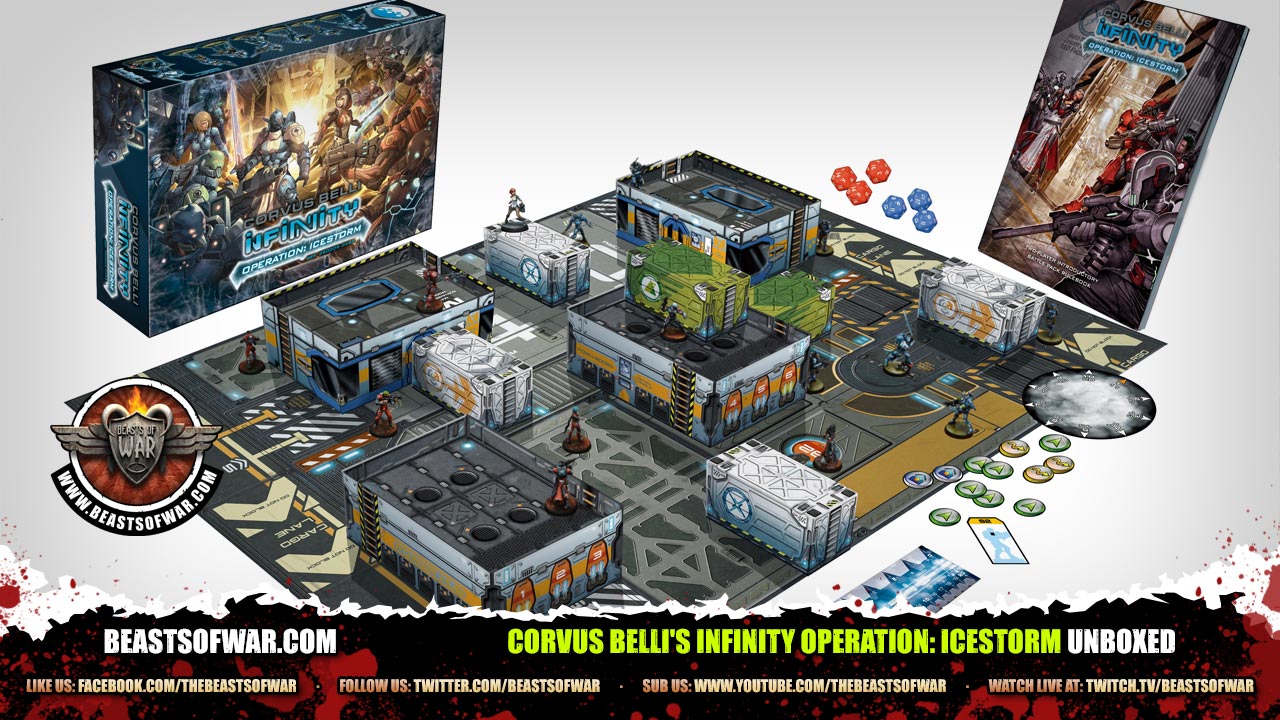I’ve had a running list of my favorite villains in any medium for a while. Recently, the list was usurped by a character I’m going to call the main villain of Durarara. I’m going to avoid spoilers, because the show is great, but I really want to talk about great villains.
First, though, I should talk about what I think makes a good villain. There are a few things that I think every truly great villain should have. A villain should be inscrutable, possibly even unpredictable, and their true motives should either be largely unknown or extremely relatable. Not being certain of how or where a villain is going to strike next is scary; as soon as you know where the next hit is coming from, the tension drains. Motives that are unknown are similarly scary, though there’s space for a villain to lay all of their cards on the table in an entirely reasonable way, which is disturbing and scary. A good villain taps into either our fear of the unknown or our fear of ourselves.
I think villains in general fall into one or two of three main categories, and should have good answers to a number of questions that you might have as the audience. Broadly, these are the categories I have in mind:
- The Force of Nature – A Force of Nature plays into our primal fear of things stronger than ourselves. This kind of villain is immensely powerful in some way, and gets by through raw force. Sometimes it’s literally nature itself, sometimes it’s a super-strong character like the Juggernaut, sometimes it’s someone incredibly deadly, like the Cyborg Ninja from (the old) Metal Gear Solid. Their motives are unpredictable because you can’t get close, and their motivation can either be a short temper or a longstanding grudge or trauma, or simply the fact that they exist. I don’t think that Force of Nature villains on their own make terribly compelling villains, though they can often be very interesting side threats. The Primals in FFXIV are a good example of this, as they’re threatening on their own but are kind of tangential to the main thrust of the story.
- The Mastermind – A Mastermind plays into our cognitive fears of inadequacy and insecurity. This kind of villain is an excellent planner and is usually extremely intelligent. They often have a particular specific goal in mind and are working towards that end. They’re one step ahead of their opposition and it’s only when they trip or stumble that they can be caught. Usually, were it not for a single error or misstep, they would have handily won. A pure Mastermind can be an incredibly scary villain in certain media, though I’m a much bigger fan of the protagonist being a pure Mastermind. A lot of times, these villains have very well-thought-out motivations and are scary because it’s hard to find fault in their logic, even if the end result is appalling. They’re often brought down by a miscalculation or slight mistake, or sometimes because they become blinded by their own plans and leave exploitable holes because they get arrogant.
- The Manipulator – A Manipulator plays into our social fears of betrayal and broken trust. They are masterful with words and can lie and bend the truth until it’s nearly unrecognizable, and have you believing every word. They often do very little themselves but say the right thing to the right person at the right time, or tap deeply into people’s insecurities. They’re very good at reading people and predicting them. They frequently either have the wittiest lines and make you laugh, then instantly hate yourself for laughing at this horrible person, or the scariest, able to tap directly into the protagonist’s insecurities. Their downfall tends to be when people have a change of heart or are immune to their charms or are pushed past their breaking point. These villains can have all kinds of motivations, from the apparent to the wholly unknown, and are scary because they’re so in control, even when things seem like a mess.
Most of the best villains I can think of are two of these. Darth Vader is a Force of Nature/Manipulator, with a mix of raw power and exactly the right words to make people afraid. Sephiroth is a Force of Nature/Mastermind, with a world-spanning plan and the power to take down anyone who stands in his way. The Joker is a Mastermind/Manipulator, with both a horrific plan set in motion and the right words to the right people to push all of Batman’s buttons. Handsome Jack is another Manipulator, one of the best of the form alongside the Illusive Man. The various villainous players in both Deus Ex and Human Revolution are similarly Mastermind/Manipulators, made all the scarier because each of them has a perfectly reasonable point of view but together create a horrible mess. The Force of Nature/Manipulator type is kind of rare, but MGS’ Psycho Mantis is an excellent example, and many great ones of the type tend to have psychic or illusory powers of some form, like Emperor Palpatine, Loki and Mystique. It’s probably no real surprise that my favorite type of villain is the Mastermind/Manipulator type, though that’s also my favorite type of protagonist as well.
A good blend of categories doesn’t make a great villain by itself, though. There are a number of questions that can be asked about a really good villain that need good answers for the villain to be truly great.
- Is the villain influential and capable of winning?
- There are a lot of villains that simply don’t meet this. They’re a problematic force to be sure, but usually stick around not because they have a chance of winning, but because the protagonist doesn’t give them their full attention. The Joker is a really great inversion of this, because the most effective way of dealing with him has been spun into a win for him, because he’s great at leaning on Batman’s insecurities. On the other hand, Jessie and James of Team Rocket aren’t exactly accomplishing much. A great inversion of this type is the villain who is powerless but gets their hands on a resource or piece of information that allows them to turn the tables, as in a lot of blackmail stories, or Jafar from Aladdin.
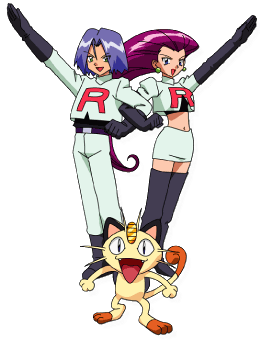
- Is the villain realistically beatable?
- This one is one of the reasons why villains that are all three archetypes tend not to be great– there’s no good answer to this question. A villain needs some kind of weakness to be compelling, however difficult to exploit it might be. This is even better if the villain knows their weakness and takes pains to hide or avoid it, though this is rare in the Force of Nature-type villains. A lot of times, this is a great opportunity for a plot twist. The Emperor is nigh-unbeatable, except when his most trusted servant suffers a change of heart (see: the common downfall of Manipulators).

- Why hasn’t the villain already won?
- You’ve got an immensely powerful individual with a plan in place, sometimes a massive network and abundant resources, possibly even an army, and they haven’t won yet. Why? This mostly applies when the villain has a particular end goal in mind other than “rule everything”, and it’s where the Mad Scientist types tend to fall behind a bit. A fairly common inversion here is settings where the villain HAS won, and is ruling the world or some significant portion of it until overthrown by the heroes. There are some great opportunities to make entirely reasonable villains here, who view the protagonist as a terrorist or someone trying to overturn the current order. This is even more potent if the protagonist has been personally wronged by an otherwise benevolent villain.

- You’ve got an immensely powerful individual with a plan in place, sometimes a massive network and abundant resources, possibly even an army, and they haven’t won yet. Why? This mostly applies when the villain has a particular end goal in mind other than “rule everything”, and it’s where the Mad Scientist types tend to fall behind a bit. A fairly common inversion here is settings where the villain HAS won, and is ruling the world or some significant portion of it until overthrown by the heroes. There are some great opportunities to make entirely reasonable villains here, who view the protagonist as a terrorist or someone trying to overturn the current order. This is even more potent if the protagonist has been personally wronged by an otherwise benevolent villain.
- Is the villain believable and relatable?
- This is a huge one, and makes the lynchpin of the great villain question list. You’ve got to be able to believe that the villain is serious about their plans, that they have realistic goals, and they need to be relatable on some level. There shouldn’t be gaping holes in the villain’s plans or thought processes, and while some level of inscrutability is effective, making an entirely unpredictable, alien villain feels random and unfair– the very best villains will let on enough for you as the audience to realize what’s going on a moment before it happens, too late for the protagonist to do anything about it even if they knew.
I don’t think every good work of fiction requires a great villain, or even a villain at all, but there’s something incredibly exciting about being able to put a face on problems. The villain in Durarara that I’ve come to enjoy so much shows his true colors to the audience in the second episode of the series, but continues playing a complex game throughout the series, and I love to hate him.






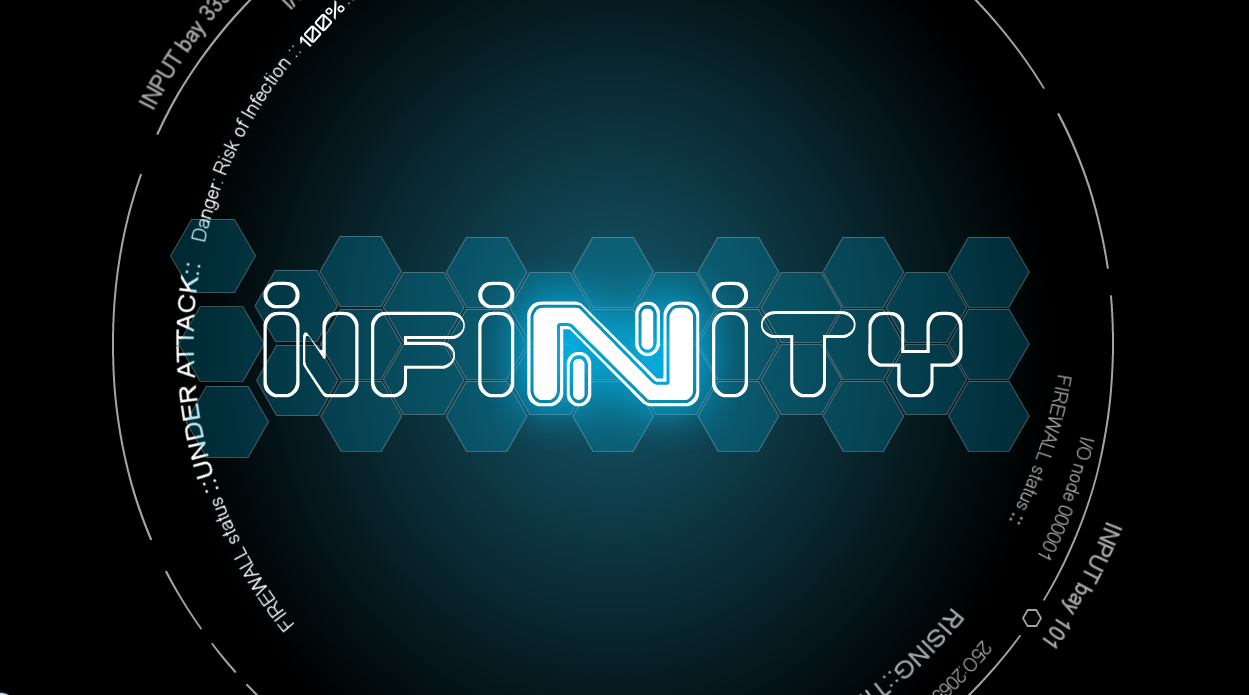


















![Nomads - Sectorial - Jurisdictional Command of Bakunin - [N3] [Vyo]](https://tamrielo.com/wp-content/uploads/2015/08/Nomads-Sectorial-Jurisdictional-Command-of-Bakunin-N3-Vyo.png)


![Combined Army - Sectorial - Shasvastii Expeditionary Force - [N3] [Vyo]](https://tamrielo.com/wp-content/uploads/2015/08/Combined-Army-Sectorial-Shasvastii-Expeditionary-Force-N3-Vyo.png)

